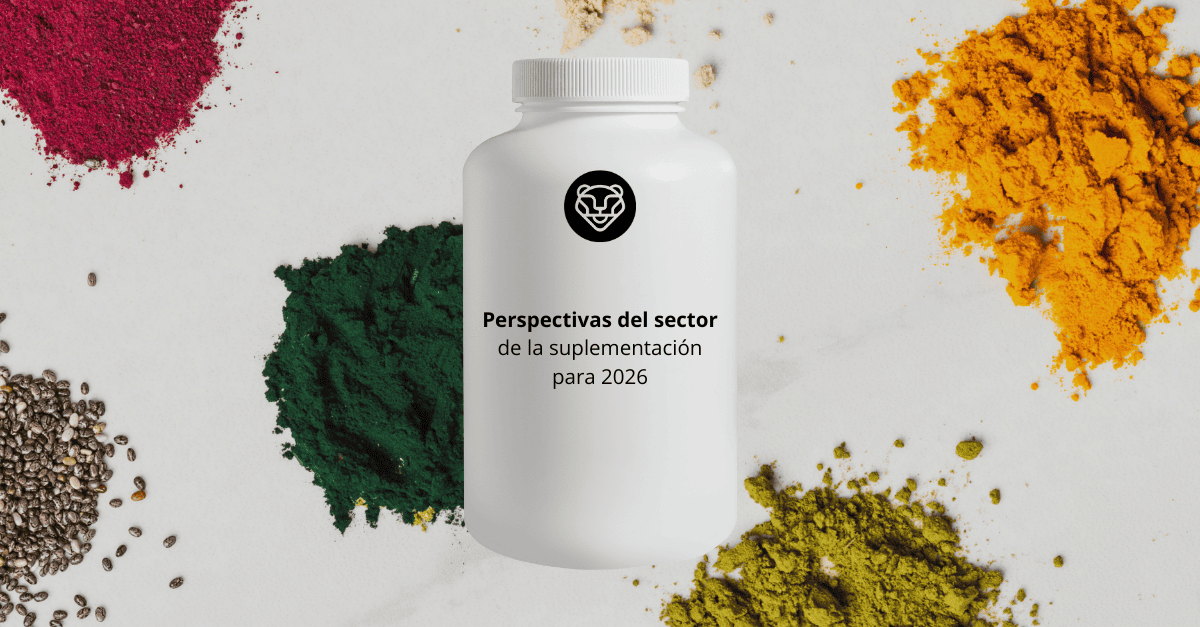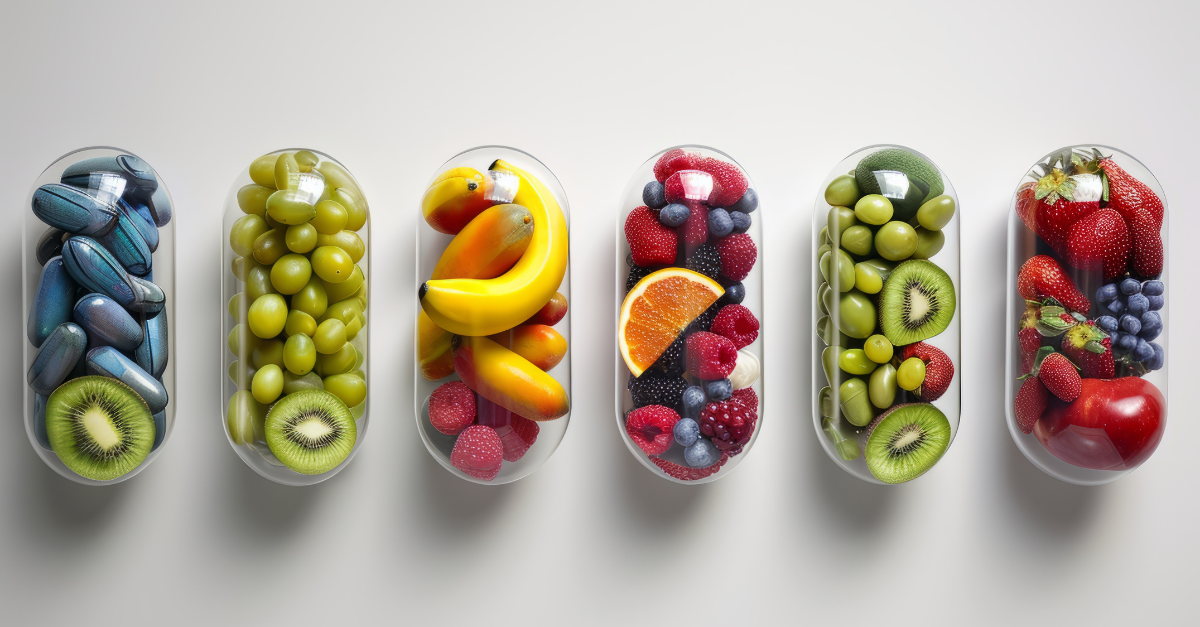Griffonia, also known as Griffonia simplicifolia, is a plant commonly used in food supplements due to its high 5-HTP (5-hydroxytryptophan) content. This compound is a precursor to serotonin, a neurotransmitter that plays an important role in regulating mood, sleep, and appetite.
Many people seek out 5-HTP supplements to help improve their emotional well-being, reduce anxiety, and improve sleep quality… but since the EFSA has been evaluating its safety and use in food, its marketing may become more exclusive.
As we have already mentioned, Griffonia was not considered a novel food according to European authorities, and could be used in Spain without prior authorization, through mutual recognition processes that allow free circulation within the European Union. However, since May 2024, its entry in the EU Novel Food Catalogue has been changed again, so that only the seeds of Griffonia simplicifolia (Vahl ex DC.) Baill, and extracts of Griffonia simplicifolia seeds with a 5-HTP content of no more than 30% are not considered novel foods if used in food supplements. Therefore, other extracts of Griffonia simplicifolia seeds are considered novel foods and will require prior authorization for marketing before they can be placed on the EU food market.
How Novel Food affects food industries
Novel foods require a safety assessment and regulatory approval before they can be marketed. The classification of a food as a novel food can have an significant impact on companies in the food supplements sector, as it may require the reformulation of products already on the market, the need for additional analysis to determine active ingredients, or modifications to labeling, among other adjustments.
For this reason, it is essential to stay informed about current regulations and, if necessary, carry out the relevant procedures and changes to ensure continued marketing of products.



